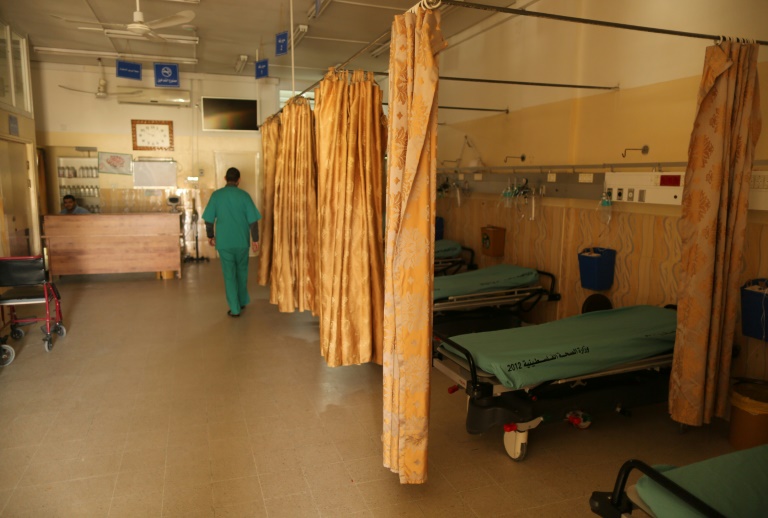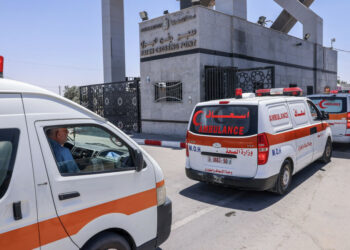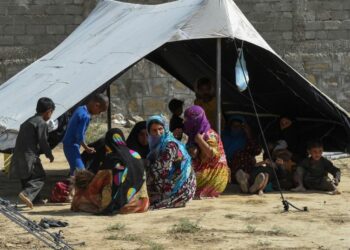The Israelis must allow U.N.-purchased emergency fuel into the Gaza Strip to prevent hospital closures and sewage overflows within the next four days, Jamie McGoldrick, the U.N. Humanitarian Coordinator, said in a statement on Wednesday.
“Restricting the entry of emergency fuel to Gaza is a dangerous practice, with grave consequences on the rights of people in Gaza,” said McGoldrick. He was concerned that the immediate humanitarian crisis would escalate if the situation is not resolved quickly.
“The well-being of two million people, half of whom are children, is at stake. It is unacceptable that Palestinians in Gaza are repeatedly deprived of the most basic elements of a dignified life,” he said.
Health, water, and sanitation facilities in the city are in desperate need of at minimum 60,000 liters of emergency fuel to sustain functioning past the next four days. The fuel is awaiting entry to power 46 critical facilities, but requires approval by Israeli authorities at the border.
The Israelis restricted imports and exports in mid-July, and completely banned fuel imports into the Gaza strip on August 2. Authorities say the most recent intensifying measures come in response to flaming kites being launched from Gaza into Israel, which resulted in widespread property damage.
If Gaza does not receive fuel in the coming days, 1.2 million Palestinians in the city risk the health dangers of catastrophic sewage overflow. Additionally, 2,000 patients in hospitals who rely on electrical devices for basic support face serious health risks, as well as those 1.6 million other patients receiving medical services at 54 health facilities across the city.
"I asked the doctor if I will able to play football again." The story of Mohammed, a young football player in #Gaza. pic.twitter.com/ImlKE1WV1u
— ICRC in Israel & OT (@ICRC_ilot) July 18, 2018
The U.N. distributes an average of 950,000 liters of fuel monthly for back-up generators at hospitals, health clinics, treatment sites, and solid waste collection services. However, even if Israeli authorities lift the import ban, emergency fuel funding will run out within a few weeks. An additional U.S. $4.5 million is needed to supply basic services throughout 2018.
Gaza has been facing an energy crisis for the past 11 years, stemming from internal disputes over fuel funding and taxation, as well as Israeli-Palestinian disputes that have left the region starved of electricity. In April 2017, Gaza’s sole power plant (GPP) was forced to shut down until the end of June, when it resumed partial functioning with fuel imported from Egypt.
“Gaza desperately needs longer-term solutions so we can move past this cycle of repeated or worsening crises, including that Palestinian authorities prioritize provision of fuel for essential services,” said McGoldrick.
He called on Israeli authorities and donors to prioritize the emergency state of the living-conditions of people in Gaza. “Until that happens, Israel must reverse the recent restrictions, including on the entry of emergency fuel, and donors must step in and fund emergency fuel, in order to avoid a disease outbreak or other major public health concern.”
Red Cross: Gaza Health Crisis is of ‘Unprecedented Magnitude’


















